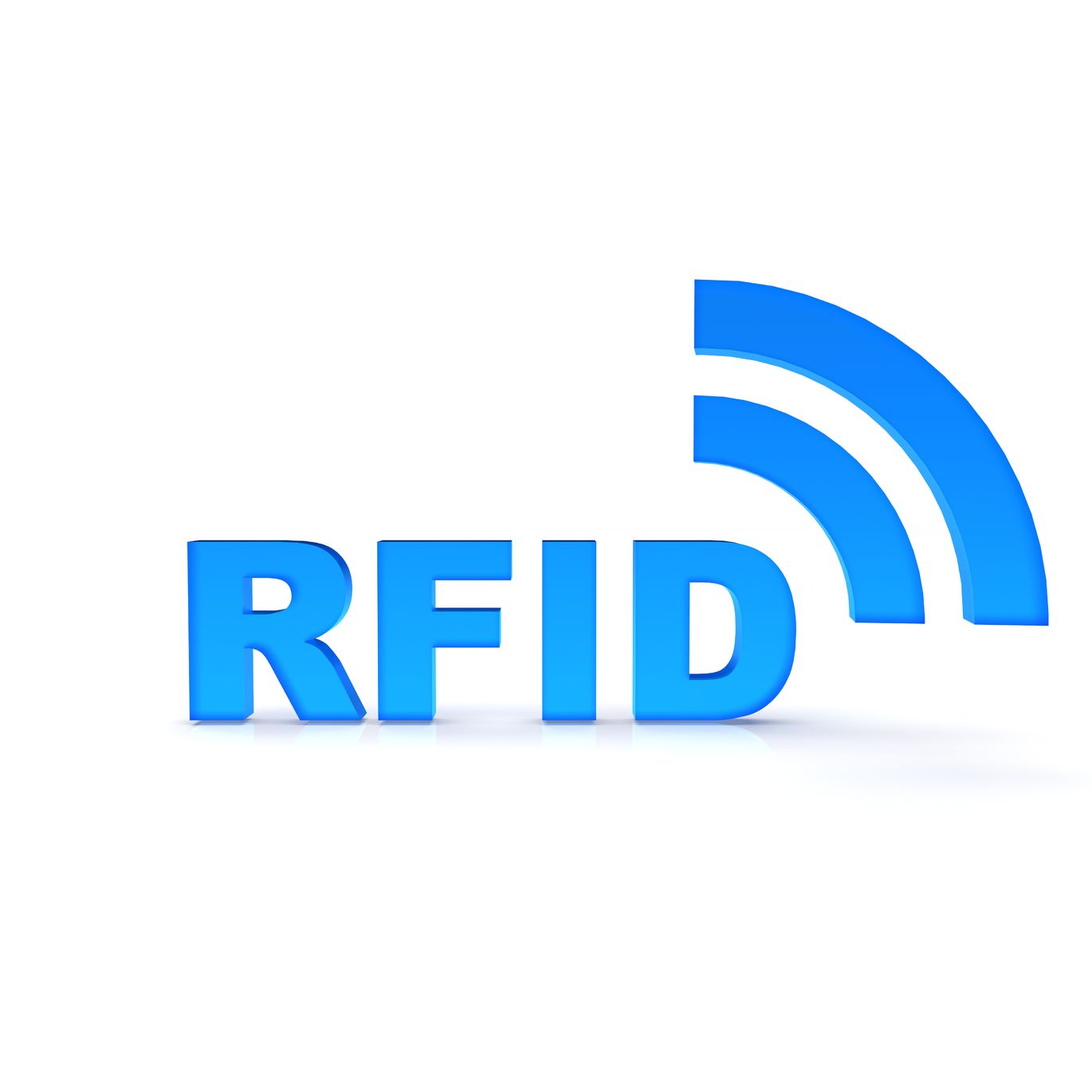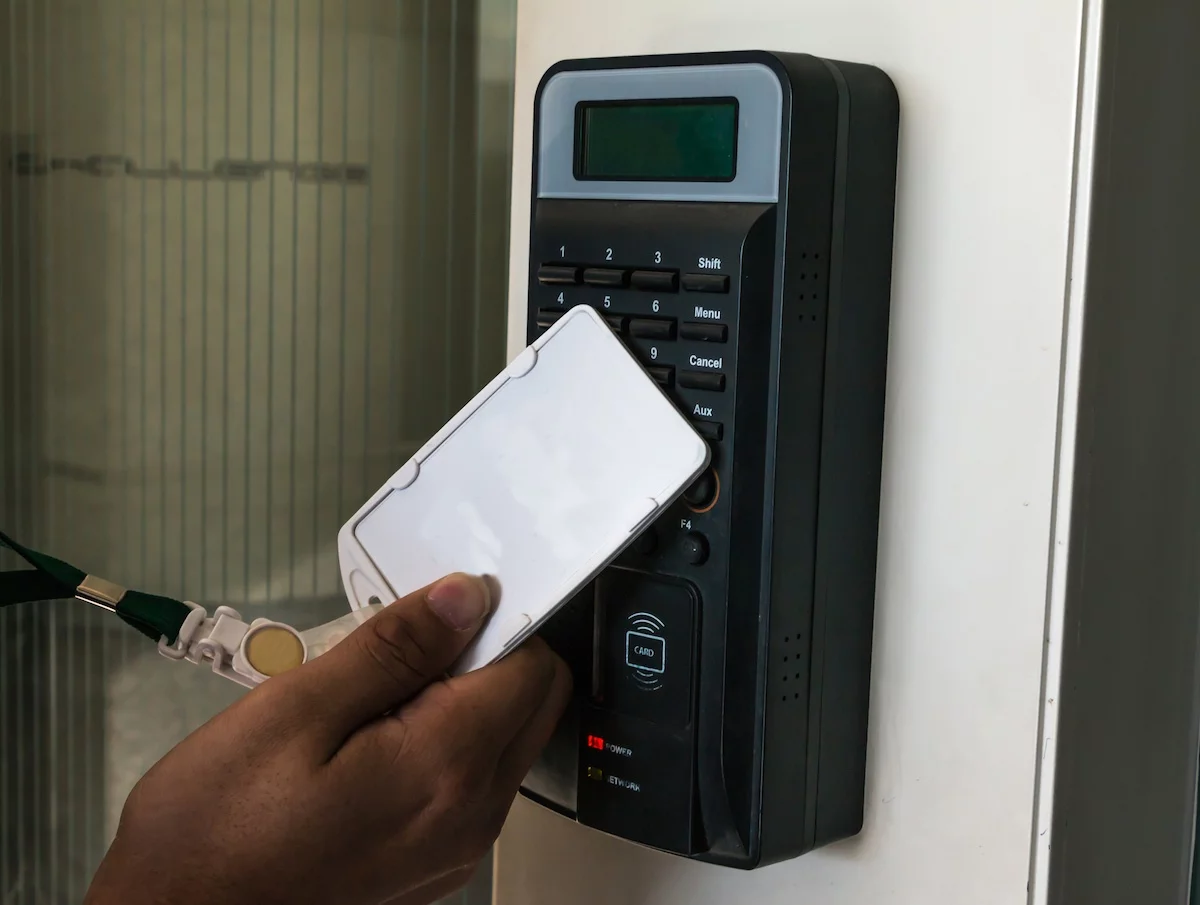RFID Services

RFID
RFID is a short form for “radio-frequency identification” as well as refers to a technology whereby digital data programmed in RFID tags or smart labels are captured by a reader through radio waves. RFID is alike to bar-coding in that data from a label or tag are captured by a device that saves the data in a database. RFID, though, has numerous benefits over systems that utilizes barcode asset tracking software. The most distinguished is that RFID tag data can be read beyond the line-of-sight, while barcodes must be associated with an optical scanner. If you are taking into consideration executing an RFID solution, take the next step and get in touch with TokyoTechie.HOW DOES RFID WORK?
RFID fit in to a group of technologies known as Automatic Identification and Data Capture (AIDC). AIDC is a technique that automatically recognizes objects, gather data regarding them, and enter those data into computer systems directly with slight or no human interference. RFID techniques use radio waves to achieve this. At an easy level, RFID systems consist of 3 components: an RFID smart label or a tag, an RFID reader, and an antenna. RFID tags include an incorporated circuit and antennas, which are utilized to broadcast data to the RFID reader. The reader then turns the radio waves to a more functional form of data. Details gathered from the tags are then moved via a communications interface to a host computer system, where the data can be saved in a database and examined at a later time.
RFID TAGS AND SMART LABELS
As mentioned above, an RFID tag includes an incorporated circuit and an antenna. The tag is also comprised of a protecting material that grasps the pieces mutually and shields them from a variety of environmental situations. The protective material relies on the application. For instance, employee ID badges including RFID tags are normally prepared from sturdy plastic, and the tag is entrenched between the layers of plastic. RFID tags come in a range of shapes and sizes and are also passive or active. Passive tags are the most broadly used, as they are minor and not very much expensive to execute. Passive tags must be “powered up” by the RFID reader earlier than they can broadcast data. Different passive tags, active RFID tags have an involved power supply (e.g., a battery), thus allowing them to transmit data at all times.Smart labels diverge from RFID tags in that they integrate both RFID and barcode technologies. They’re prepared of an adhesive label embedded with an RFID tag inlay, and they might also attribute a barcode and/or additional printed details. Smart labels can be programmed and printed on-demand with the use of desktop label printers, while programming RFID tags are consumes more time and needs more superior equipment.
Looking for the RFID Solution Provider, contact us.
RFID TECHNOLOGY IS EMPLOYED IN VARIOUS INDUSTRIES TO EXECUTE SUCH TASKS AS:
– Inventory management– Personnel tracking
– Controlling access to restricted areas
– Asset tracking
– Supply chain management
– ID Badging
– Counterfeit prevention (e.g. in the pharmaceutical industry)
RFID SERVICES
RFID (Radio-Frequency Identification) is the most sturdy and cost-efficient technology obtainable for organizing or tracking. This technology is revolutionizing numerous industries by providing product movement and real-time visibility into inventory therefore guiding to develop output and loss prevention. An RFID tag serves the similar reason as a barcode; offering an exclusive identifier for that object. Thus far unlike a barcode, an RFID tag can be examined wirelessly, without a requirement of a line of sight. Instead, the RFID tag reader has 1 or plenty antennas that emit radio waves and get signals back from the tag, which includes of a microchip attached to a radio antenna. The reader then depends on the details in digital form to the backend software. RFID technology can be utilized in any organization and any environment where it is essential to track an object, streamline a procedure or disperse a bottleneck.
In 2010, the key features that drove an important enhancement in RFID usage were:
I. Cost of equipment and tags were decreased.
II. Stable international standard around UHF (Ultra High Frequency) passive RFID
III. Enhanced performance to a reliability of 99.9%
TokyoTechie as a RFID Service Company provide you the best RFID Services in India.

RFID power-driven by Real Time Track and Trace (RTTT)
Offering cutting edge solutions and receiving occupied to the core with its partners by knowing their needs constructs the Triptych Real Time Track and Trace brand equity in the market. Furthermore, it enhances our RTTT visibility in designing particular solutions for customers. TTS proudly uses the most new RTTT tools. Our main supplier, who is a trusted partner with Fortune 500, has the biggest increasing portfolio of RFID solutions on the market. When you utilize Real Time Track and Trace via Triptych, we promise:
- Quickest RFID implementations
- Allowing end to end incorporation with ERP systems
- Lowest TCO (True Cost of Ownership)
- Make sure optimum performance
- Declaration to scalable solutions
- Shortest turnaround time of tailored RFID tags
- ROI (Return on Investment) in record time




